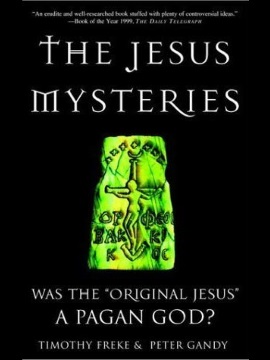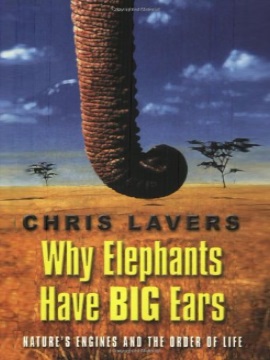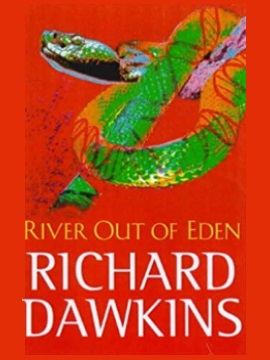The Passion of The Christ
James C. Rocks [2016-09-01]
 I genuinely had no intention of going to see Gibson's "The Passion of the Christ". Several people had opined on how bad (gory, violent, bloody) the film was and I did not want to contribute to the coffers of Mr Gibson whose then behaviour I had been viewing with some alarm. The offer of free tickets by some local churches apparently aware and happy that many of those applying for them were atheist or agnostic changed that and both I and a friend set off to see it.
I genuinely had no intention of going to see Gibson's "The Passion of the Christ". Several people had opined on how bad (gory, violent, bloody) the film was and I did not want to contribute to the coffers of Mr Gibson whose then behaviour I had been viewing with some alarm. The offer of free tickets by some local churches apparently aware and happy that many of those applying for them were atheist or agnostic changed that and both I and a friend set off to see it.
"The Jesus Mysteries", Timothy Freke & Peter Gandy
James C. Rocks [2016-02-01]
 Despite being an atheist, I had always accepted the existence of a man called Jesus Christ as actual but Freke and Gandy's "Jesus Mysteries" forced me to re-evaluate my view. Although I did not believe Jesus was the son of any god, I had envisaged him a s real, perhaps a Jewish leader, perhaps a "freedom-fighter", perhaps wise, perhaps soft-spoken and the kind of man around which legends are built ... a kind of early-day Robin Hood if you like. In their book, the authors reveal the mystery religions, whose various dying & resurrecting godmen they refer to as "Osiris-Dionysus", as showing a great degree of similarity in their multi-level teachings that were interpreted more literally by the uninitiated and allegorically by the initiated.
Despite being an atheist, I had always accepted the existence of a man called Jesus Christ as actual but Freke and Gandy's "Jesus Mysteries" forced me to re-evaluate my view. Although I did not believe Jesus was the son of any god, I had envisaged him a s real, perhaps a Jewish leader, perhaps a "freedom-fighter", perhaps wise, perhaps soft-spoken and the kind of man around which legends are built ... a kind of early-day Robin Hood if you like. In their book, the authors reveal the mystery religions, whose various dying & resurrecting godmen they refer to as "Osiris-Dionysus", as showing a great degree of similarity in their multi-level teachings that were interpreted more literally by the uninitiated and allegorically by the initiated.
"Why Elephants Have Big Ears" by Chris Lavers
James C. Rocks [2015-08-01]
 A brilliantly written popular science book that explains how evolution can create the staggering variety it has, whether dinosaurs were warm or cold blooded, why cinematic monsters such as King Kong and Godzilla are laughably impossible, why the marsupials kept control of Australia, why insects are so small. Finally, he explains why, despite our apparent superiority, we really don't own the world at all, that there is no such thing as a superior or dominant lifeform on the planet. He also explains why, of course, elephants do have big ears.
A brilliantly written popular science book that explains how evolution can create the staggering variety it has, whether dinosaurs were warm or cold blooded, why cinematic monsters such as King Kong and Godzilla are laughably impossible, why the marsupials kept control of Australia, why insects are so small. Finally, he explains why, despite our apparent superiority, we really don't own the world at all, that there is no such thing as a superior or dominant lifeform on the planet. He also explains why, of course, elephants do have big ears.
"River Out Of Eden" by Richard Dawkins
James C. Rocks [2015-04-01]
 In "River Out Of Eden", Dawkins writes of a universe with no apparent design or purpose and explains more of our evolutionary past. With thorough knowledge and captivating style, Dawkins illuminates how life has achieved what to the uneducated or bigoted appear to be miracles. Science journal 'Nature' says, "It abounds with metaphors that make things brilliantly clear, an excellent introduction to many important evolutionary ideas"
In "River Out Of Eden", Dawkins writes of a universe with no apparent design or purpose and explains more of our evolutionary past. With thorough knowledge and captivating style, Dawkins illuminates how life has achieved what to the uneducated or bigoted appear to be miracles. Science journal 'Nature' says, "It abounds with metaphors that make things brilliantly clear, an excellent introduction to many important evolutionary ideas"